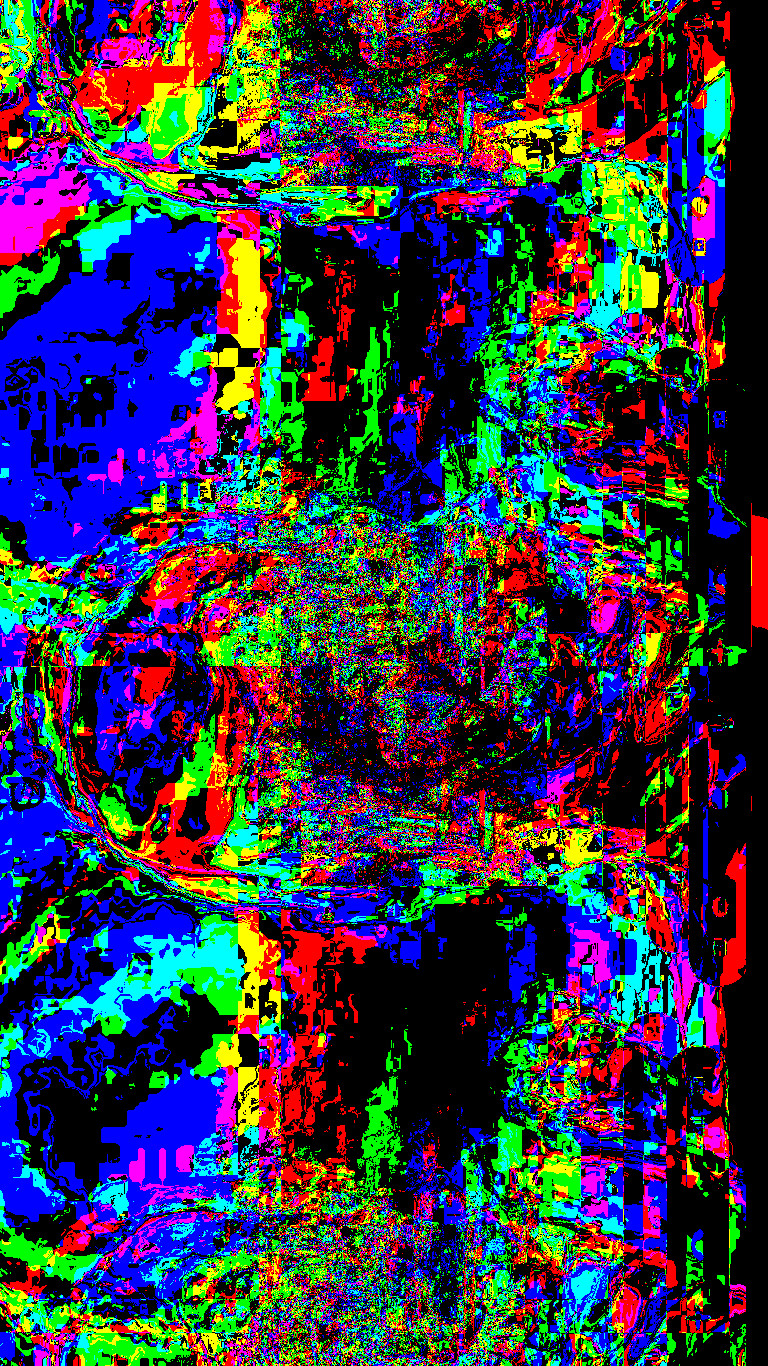revew: Annie Baker – Circle Mirror Transformation
Circle Mirror Transformation/
by Annie Baker/
dir Bijan Sheibani/
HOME/
02-17/03/2018//
(written to be read simultaneously with my revew of Frankenstein)
and discovering there is something
in the mirrors, we see each other. I would have written we see ourselves but that would suggest the audience enter as a homogeneous mass and actually we filter in, all our separate parts and wait to be joined. And in the moment of realising the mirrors but not being able to see myself because I am lower down. I think I read, as avidly as I can, when I first see the stage the set the design of a production. I wonder what it might mean and I wonder what surprises there might be. I think mirrors onstage are beautiful. Real mirrors, though. Not a mirror that we can’t see, that doesn’t threaten the lighting design, that doesn’t turn to us. Because a mirror is a flat shining superficial surface but fundamentally is a violation. Suddenly, you are outside yourself and see yourself almost how other people see you. The illusion that you are not an object and in the physical world is broken, here is proof of your POV. And, if theatre is a mirror, it inhabits that recursive process, we see the action as other people but also,
and Circle Mirror Transformation pens its characters. They are unambiguously framed by the length of the course, the social roles they fill and the roles they are to each other. Now they are incredibly cerebral, they’re very aware. And in a sense that is perhaps more American(?) they don’t feel trapped by a heirarchy, but by a very agonising sense of self. They are pinned down and penned in by the weight of what they expect from themselves and the things they have done they are ashamed of. Perhaps from a place of not comprehending class in America I see them as equals, delicate and alone. Even Marty, nominally the leader of the class, shivers with uncertainty as if all their lives are liquid and the weather is warm. Of course this could be a consequence of deliberate illusions penned by Annie Baker, exploiting the distance between how I see America from a distance
where Circle Mirror emerges freshly. There’s a simplicity and a clarity which is likely more a consequence of my certainty going into it as much as a cultural distance and newness about it being a Contemporary American Play written by a Contemporary American Playwright. And what I am actually watching is sad people talking to each other. Which feels like an accurate enough mirror of my day-to-day life. Though perhaps that would be more accurately described as sad people not talking to each other. The weight of self-expectation seems heavy for each character onstage. None of them are the person they want to be, which is why they are here. Whether they realise it or not, they are all here because they need to heal, and find a healing inside themselves. It is telling that the exercise which anonymises them – distances them from their selves and their private thoughts, is the crux of the play. Once they are outside of themselves, they become more obvious than they have ever been. The emptiness is turned inside out,
to the extent it is a sweeping emptiness, contagious. It spreads between the holders of dialogue and it spreads into the audience who have noticed the mirrors, have noticed they live in relation to others. And perhaps the most generous of them experienced a transformation the moment they saw the audience they were part of when they sat down, before the lights before the action. Perhaps generosity is the wrong word for the kind of gracious vulnerability it takes to inhabit the truth that Yes, I am a person, too, like you. It had to be Shultz and Lauren at the end of the play. It has to be. the other relationships were too close, too far, too destructive or too passive. The shift in lighting at the very end, the sudden untelegraphed change of place and time, could only happen to those two. It is inevitable. Circle Mirror Transformation is a fatal piece of theatre, both in my confidence entering into it and the spectator-eye it gives its audience. In its hands, my affect is left weak
that as a piece of theatre emptied me out
in reaching across a depth of time
